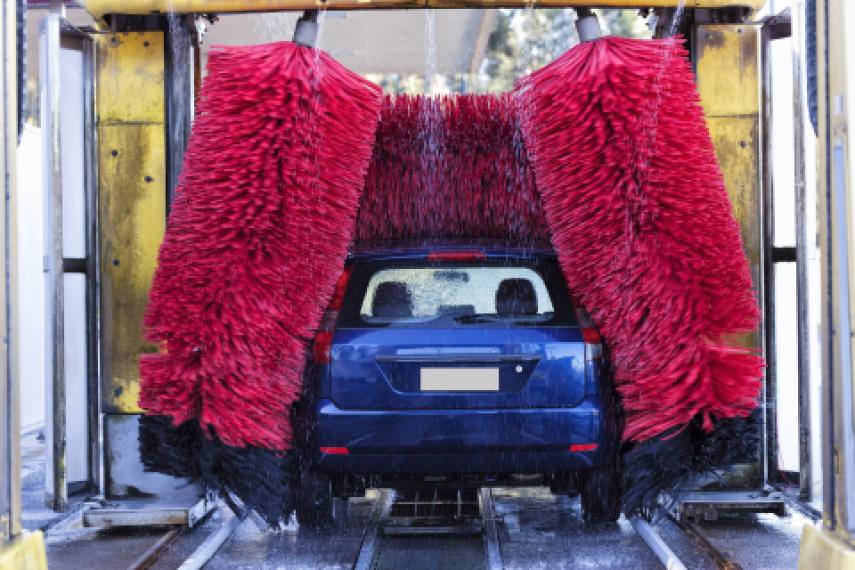
Published: November, 2018
When purchasing an existing or constructing a new carwash facility, why would a prospective business owner choose SBA government-guaranteed financing over conventional bank financing? A banking relationship likely already exists, so why not just get a conventional loan from them? In some cases, this might make the most sense. However, there are some circumstances where SBA financing is the smarter option:
Lower down payment – The down payment requirement for an SBA loan is typically about half the requirement for conventional bank financing. Sometimes the SBA lender will approve a down payment as low as 10% of the project cost.
Track record – Many banks have policies restrictive to small businesses under two years old and will often not lend to applicants who have never owned a carwash before. With SBA financing, however, the business can be a startup and applicants can qualify based on related background and education without direct carwash management experience.
Long term repayment – An SBA loan to finance a carwash gives the borrower 25 years to repay the loan. Banks are short-term lenders and even if they do offer a “long term” loan of 10 to 15 years, there’s often a balloon feature that causes it to mature in 2,3, or 5 years. The borrower is then faced with a loan renewal risk and is left unsure of what the bank’s lending policy or appetite will be at the time, or how the economy or carwash will be performing at the time. Long term, 25-year, SBA financing adds stability and peace of mind by eliminating renewal risk and keeps payment requirements as low as possible.
Collateral – Conventional bank loans are typically fully secured with collateral. Due to the government backing on an SBA loan, the SBA lender does not always need to be fully secured with collateral.
New construction – Conventional bank financing typically requires two different loans, two different loan closings, and two sets of loan closing costs. One loan funds the interim construction and another provides the permanent, or semi-permanent, financing to pay off the loan after construction is completed. With an SBA loan, the borrower can finance both the interim and permanent financing all in one loan, with one closing and one set of closing costs. There’s no need to worry about refinancing the loan when a conventional bank balloon feature arises and, if better loan terms are found, the borrower can refinance without prepayment penalties after 3 years. The SBA lender can also tailor the loan terms such that payments are not due until construction is completed and the business is ready to start generating income.
In summary, SBA loans allow carwash operators to get into the business with as little down payment as possible with payments that are as low as possible. Once the business reaches its potential, the operator can then explore the market for more favorable terms based upon cash flow and business performance. If better terms cannot be found, the operator can find long-term security in reasonable market terms over 25 years and, if the business has extra cash flow, the loan balance can easily be retired early.








